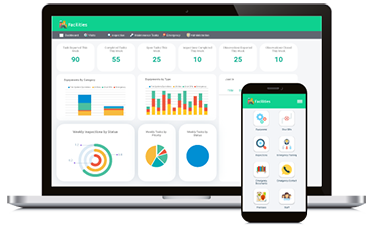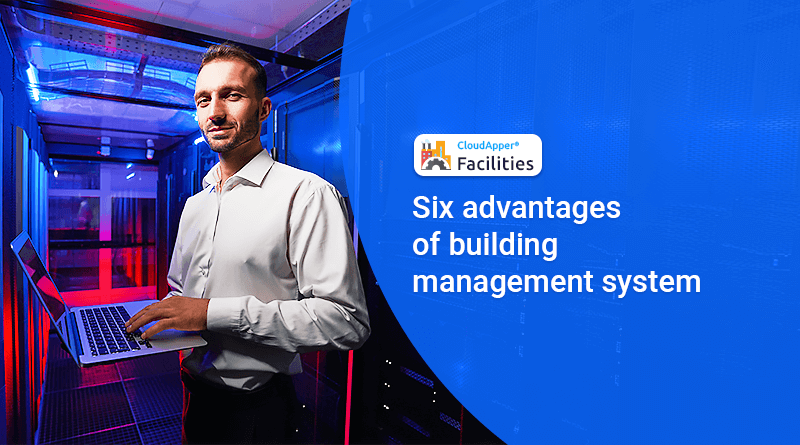How often do you hear or others around you complain that you don’t have time in the day? We want to complete more tasks and have more time to spare in all aspects of our lives, both professionally and personally. In particular, the business world can be especially demanding and you cannot afford to waste any amount of time.
In fact, for many people, time is a commodity and is therefore coveted for its value. You can use methods that are already in your professional environment to manage your time in a number of ways, and often.
1) Establish a Time Budget During Project Development
While new projects and initiatives are usually beneficial to an organization, FMs should incorporate time budgets into the proposals at their introduction. By analyzing the amount of time management spend on guide and directly participate in the project, you create a clear-cut roadmap on what all parties involved will expect.
Because time is perhaps the most finite resource, it only makes sense to limit new project “financing” to when human capital is available. undertaking a project with no time to effectively lead or delegate, only sets your whole team up for failure.
2) Routinely Measure Where Your Time is Allocated
After a close examination, most of us will usually discover that our perception of how our time is allocated does not match reality. Spending a few weeks tracking where your time is distributed gives you a bird’s-eye view of your schedule, revealing what items require your attention and what can be delegated to those around you.
If you, like many FMs, discovered you spend a lot of the day on the go, check out CloudApper facilities, it provides a historical list of your recent tasks historically with the date and time to help you understand how time is really spent.
3) Eliminate Time Drainers
You can make to-do lists, identify items (and sometimes people) that are the biggest time drainers on your schedule, and prioritize your time once you have an understanding of the big picture. But be careful not to become so bogged down in the minute details that your overarching objectives are neglected.
4) Expect the Unexpected
Your team looks on to you as the leader, many FMs believe that if they keep a pessimistic attitude, everything will fall apart. However, the fact is that a healthy dose of cautious consideration can prove beneficial. When you map out project guidelines or determining your schedule for the day, you take into account unexpected bumps along the way. This isn’t necessarily pessimistic, but just realistic, because it’s rare that a project will be seen to completion exactly as originally planned.
5) Factor in Every Step
Many facility managers overlook all of the steps involved when mapping out project, regardless of their size. Imagine you’re a chef preparing a meal for a dinner party. The cooking does not actually start your project. Consider what you’ll have to do just to get to the cooking. There are groceries to buy, time spent driving to and from the store, food preparation before cooking begins, and table arrangements and settings.
However, in most cases, there are multiple steps that can run simultaneously. Make a game plan which delegated tasks to ensure that no stone is unturned. When working your time budget, take these factors into consideration to ensure that all steps are accounted for.
6) Ask for Help and Delegate When Possible
Your time is precious, we have already confirmed; now it is up to you to decide how much it is worth. Would your efforts be better spent putting the final touches on project A, or can your team member complete these tasks while you meet with the CEO with regard to the final approval of project B? The ability to delegate is an important management skill, especially for the busy FM.
7) Remember that finishing a portion of a task is preferable to doing nothing at all.
While in one sitting it is ideal to complete a task, this is not always a viable option. Does the next item on the priority list make sense to leave until tomorrow if you have an hour until you leave and you have estimated the next item on your priority list will take two hours? Why not give yourself ahead rather than waste valuable time?
8) Learn How and When to Say “No”
Saying “no” may be one of the hardest skills to learn. Your performance and ability to perform well depend on your success. Would you not rather turn in a task now, than turn it out less than perfect later? You are always showing your reputation. If you cannot say no, look to your team, identify those with strengths needed for said project, and delegate accordingly.
9) If You Don’t Know, Ask
Recall that in numbers there is strength and wisdom. If you’re not sure how to do a task, or properly estimate how long it will take, ask someone who does. you gain valued knowledge and connect with the ability to return a favor. You don’t know anyone who has experience with the task at hand? Ask people around you knowledge pooling is a valuable tool.
10) Automate as Much as Possible
To manage a facility, many tasks need to be juggling simultaneously. As a result, automation should be your best friend, removing redundant activities and freeing your mind from the tedious details that could be handled by your facility management system. Examine your processes for any similar tasks that could be grouped and planned, so allowing you to set aside a blocked-off period of time to deal with those items.
11) Appreciate Mistakes
Many look negatively at mistakes when they are to be seen as opportunities in reality. Errors illuminate vulnerabilities. Create a check and balance system to ensures that all operations are smooth and timely. Identify a solution and track it once errors are found. Remember that a missed opportunity is the only true mistake.
12) Map Out Tomorrow’s Activities, Today
Knowing what is ahead will give you time to focus on clear and shift. use the facility management software before you leave the office (or before bed, if no other time exists) to create a rough outline of your next day’s priorities. You’ll be far more prepared and ready to hit the ground running.
When it comes to an FM’s job performance and the bottom line, the old adage “time is money” could not be more true. The time that is managed and the organization’s success is reflected in the strength of the support team are directly affecting your ability to perform your job. Use your supporting cast and strategic plan to make use of your time and see everyone’s success flourish.



















